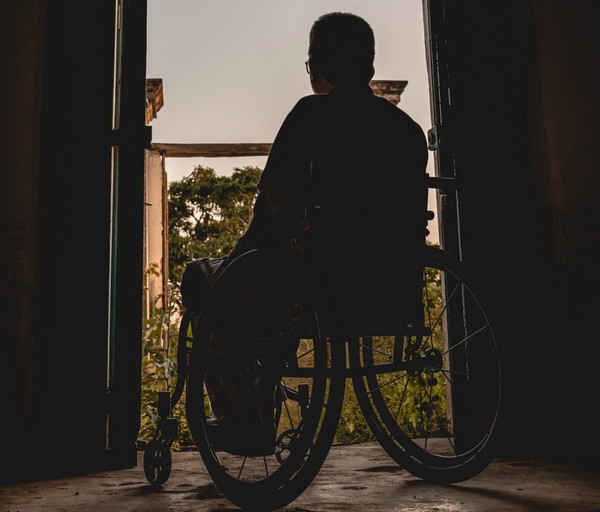Ideas to help the disabled loved ones
If you have a loved one who is disabled to do everything they once were due to an illness, injury or old age, it can be difficult to know how to help them without completely stripping them of their independence. Helping them find the right tools and technology to incorporate into their daily routines may be the best thing you can do for them for the time being.

Here are some areas where your loved one might need a little extra support.
- Moving Items
Back and shoulder injuries, age, and illnesses can quickly prevent your loved ones from being able to move and carry all that they used to, thus being disabled. Many times disabled people aren’t ready to give up the independence that comes with moving these things themselves, though, or it isn’t practical to call someone over to help every time they get a heavy package delivered. Make sure they’re able to safely lift heavy items by investing in tools like a mobile stairlift dolly. This will allow them to lift furniture, online deliveries and groceries up and down the stairs without putting the strain on their bodies. This is especially useful for those who live in apartment complexes or bi-level homes.
- Errands and Appointments
If your disabled loved ones have a hard time getting out of the house, finding ways to help them cut down on the number of reasons to go out can be helpful. This is becoming easier and easier with services like grocery delivery and telemedicine becoming more popular. You might want to help them get set up on a grocery delivery service and show them how to place orders online, as well as help them get virtual appointments set up with their doctors. Banks and pharmacies are also moving to more virtual options, reducing the number of visits required to deposit checks or refill prescriptions. While it’s good for your loved ones to get out of the house occasionally, cutting down on unnecessary errands could help them conserve their energy for other, more enjoyable outings.
- Schedules
Keeping track of an entire disabled family’s schedules can be difficult enough when you’re healthy. Help your disabled loved ones whose minds may be slowing down stay connected with the family by syncing electronic calendars. You can add grandkids’ sports games, family members’ birthdays, appointments and more to a calendar that you all share. You can even set it to send reminders leading up to the event. This can not only help keep everyone organized, but it can help maintain a sense of independence and competency for aging family members, and can even serve to help coordinate additional caretakers if need be.
- Medication
It’s easy for anyone to lose track of what pills they have and haven’t taken each day. If your disabled loved one is struggling to take the right doses of their medications at the right time, consider looking into an automated pillbox. You can set timers to unlock each dose, as well as personalized reminders. Some even send you an alert if your loved one goes too long without taking a pill so that you can call to make sure they’re okay and to remind them to take their medication. You can even program it remotely, so it’s easy to adjust if their prescriptions change or if something isn’t working. This can help reduce the need for costly in-home care, as well as keep your loved ones safe, especially if they’re suffering from mental illnesses that make it difficult for them to remember details like this.
It’s difficult for anyone to lose their independence and admit that they need help. You can help your loved ones keep that independence, even if they’re struggling to take care of themselves like they once were able to. By incorporating technology and tools into their everyday routine, you can help keep them safe and give yourself some peace of mind. Helping them adjust to the new items might take some patience, but it will be worth it.
